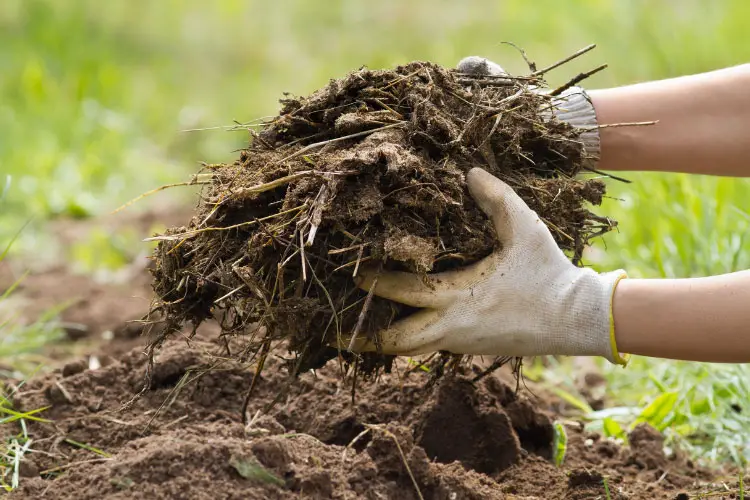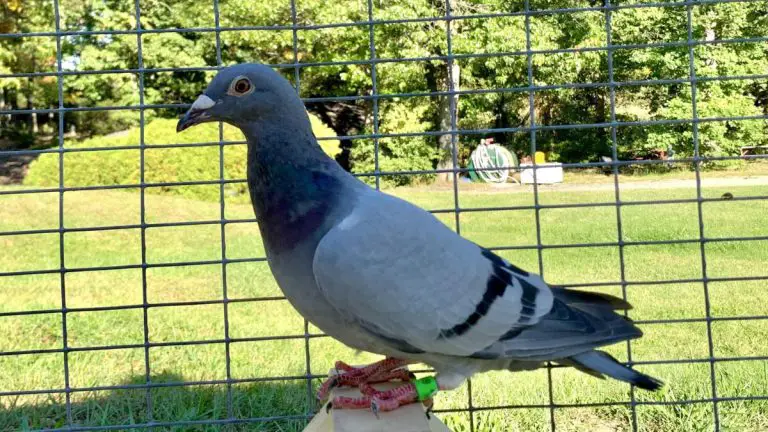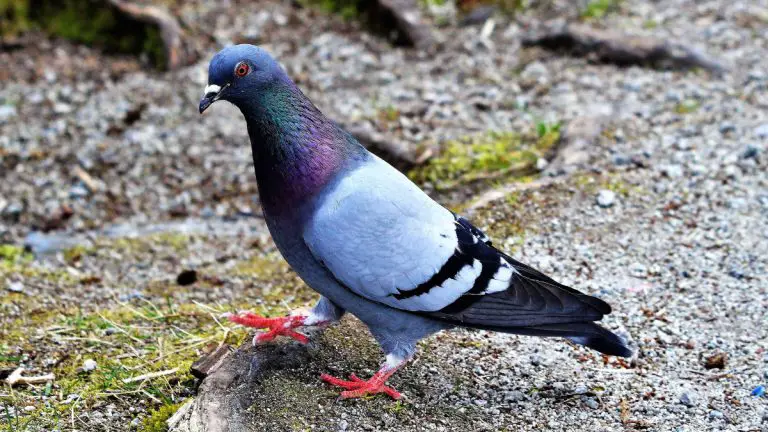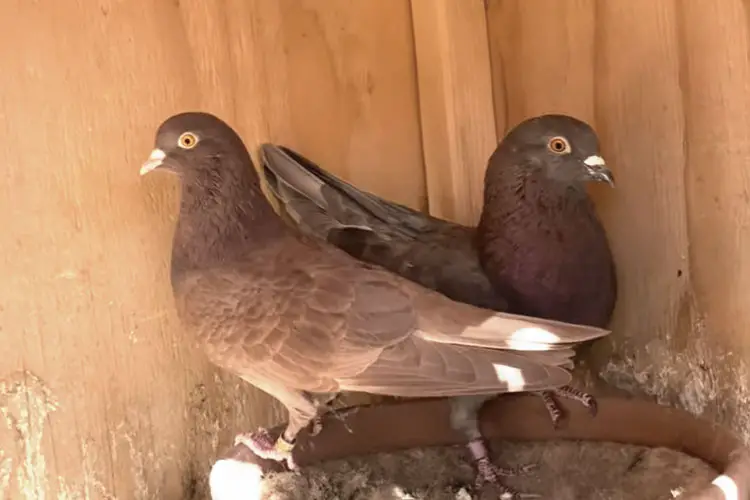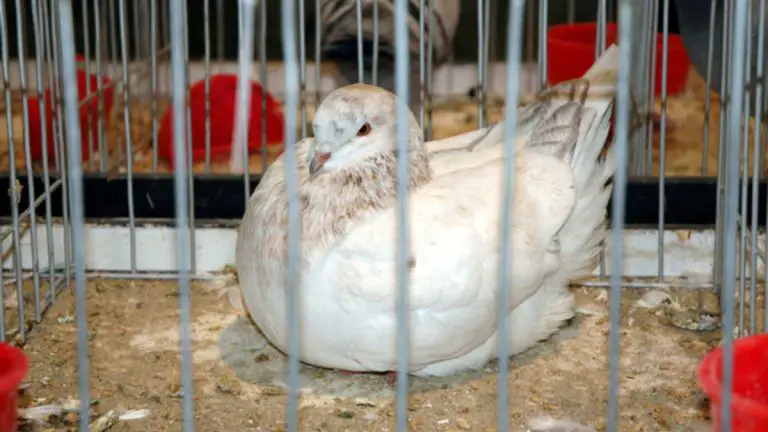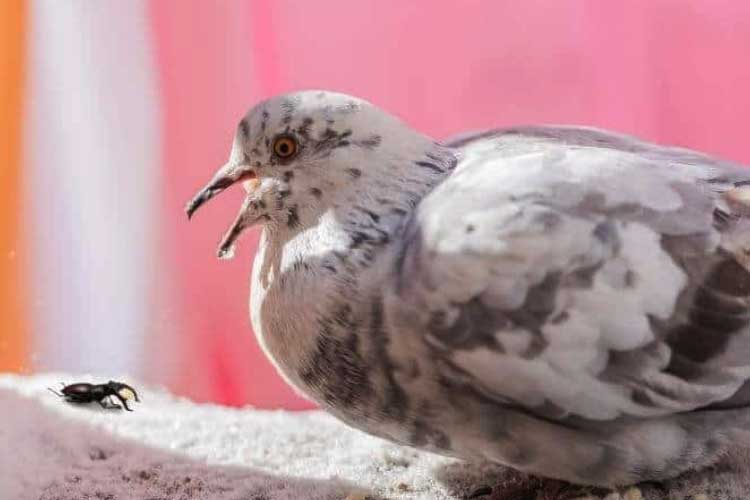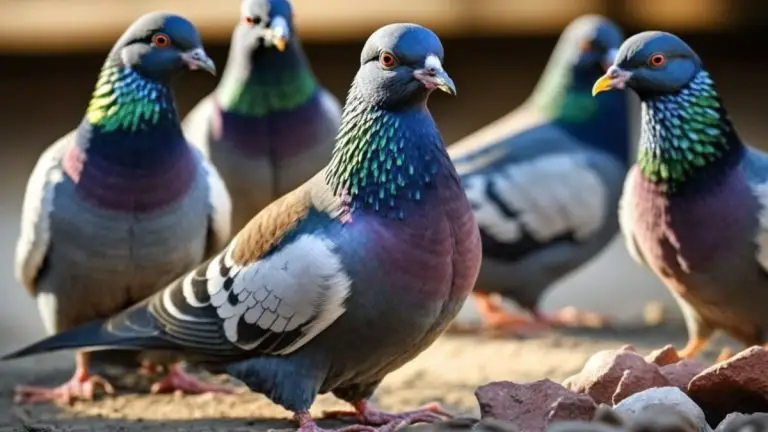Using Pigeon Poop as Fertilizer: Is Pigeon Manure Any Good?
Pigeons are popularly known for their sweet meat and appearance. But you may often wonder what you can do with their poop, guano. Like chickens, can you use their excretes as manure?
So, can you use Pigeon poop as fertilizer? Pigeon poop can be used as an organic fertilizer for your plants. However, the pigeons must be domesticated because the wild ones may carry diseases. And the guano should be dried or added to compost before being added to the soil.
Read on to learn more about the use of pigeon poop as organic fertilizer and how to prepare it.
Using Pigeon Poop as Fertilizer
Manure, an organic fertilizer, usually consists of animal droppings, including birds like pigeons.
Pigeon droppings are usually white-brown and have an appearance like little marbles. Like most birds, their manual is rich in nitrogen, which if used well, can benefit the plants.
The droppings are only beneficial if obtained from a healthy domesticated pigeon. However, the main risk of correcting wild pigeons’ poop is they may contain fungi and parasites that can affect humans.
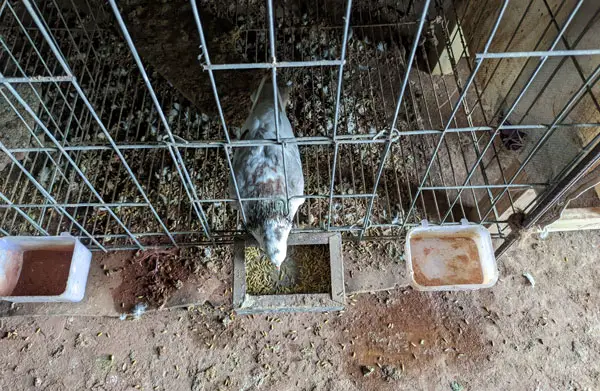
Also, wild birds eat garbage, where they can contract viruses and infect you with diseases like Cryptococcus neoformans. The viruses may also reduce the quality of manure obtained from their excretes.
Accordingly, a person can tell whether the bird is healthy or sick by observing the excretes. Wet droppings are a sign of an unhealthy bird, and poop should be avoided when correcting. And the guano should be at least dry to be used as manure.
How To use Pigeon Manure as Fertilizer
Like most types of organic manure, pigeon guano requires preparation before being added to the plants. Adding it directly to the plant doesn’t work and may harm your plant’s health.
- The bird poop should be added to a compost pile and left to sit for some time to avoid damaging the plants.
- Experts suggest adding the manure alongside sawdust, straw, or other bedding materials is good.
- You can also add other materials, like torn newspapers to the compost bin to aid in the process.
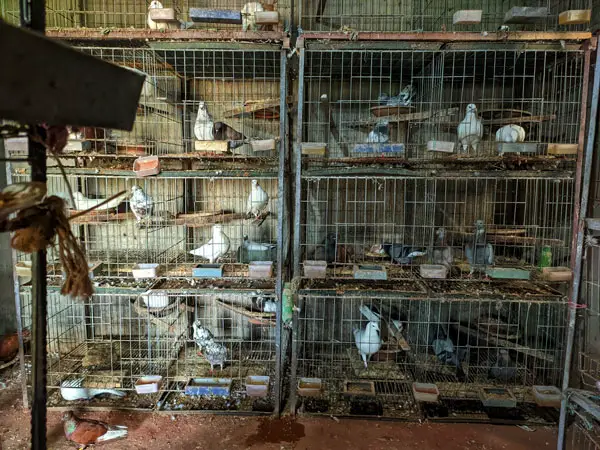
The reason for mixing with other materials is to reduce the high levels of nitrogen in the pigeon’s guano.
- If not added or the poop used while fresh, it might burn the stems and leaves of young plants. That’s why it’s also best you add the manure a few inches from the plant
- Some of the suggested ratios of mixing the materials and the pigeon manure are 4:1. For every part of the pigeon manure, add four parts of materials to the composite pile or bin.
- The compost mix should also be at ideal moisture and not too wet or dry.
One farmer suggests picking a piece of the mixture and squeezing it on your fingers; if the water drips, it’s too hard. On the other hand, if the compost mixture turns to crumbles, it’s too dry and requires more water.
- A wet composite mix smells a lot more throughout the process and invites a lot of flies.
- A dry one takes much more time to be ready and may even double the time a composite should take.
Is Pigeon Manure Any Good?
Yes, pigeon manure is good. Following are some reasons why pigeon manure is good.
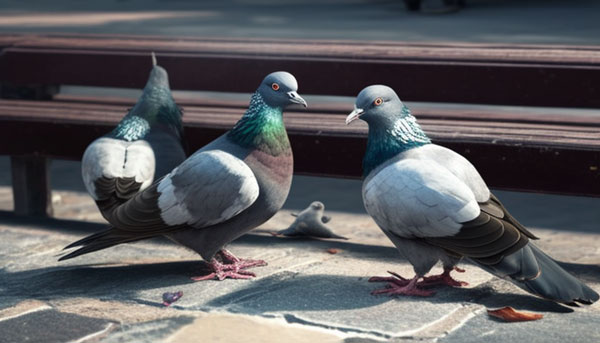
Quality Minerals
The pigeon manure is high in phosphorus and potassium, which plants need. It also has micronutrients like zinc, manganese, and iron, which are also helpful to a plant.
Loosens the Soil
Pigeon manure also helps the soil loosen, contributing to better air and water circulation. With better respiration in the soil, the plants grow healthier and faster.
Cheap
The price of mineral fertilizer is constantly rising, affecting most farmers. But with an organic fertilizer like pigeon manure, you don’t have to worry about the price.
Remains in Soil for a Long
Unlike mineral fertilizers, the soil organism must process the organic fertilizer to make it ready for plants. The operation takes time and ensures the plant receives the crucial minerals throughout the growth period.
Environmentally Friendly
Some mineral fertilizers can harm the soil and the plants if used excessively, causing losses to the farmer. The organic fertilizer cannot affect the soil if given enough time in the compost to minimize the acidity.
Faster Absorption
Bird manure breaks down faster than other organic types, like cow manure. The plants can absorb the nutrients as soon as they’re processed and begin benefitting.
What Plants Can Benefit from Pigeon Manure?
Almost every plant that needs fertilizer can use pigeon manure. And the manure is ideal for use in a home garden or a large farm.
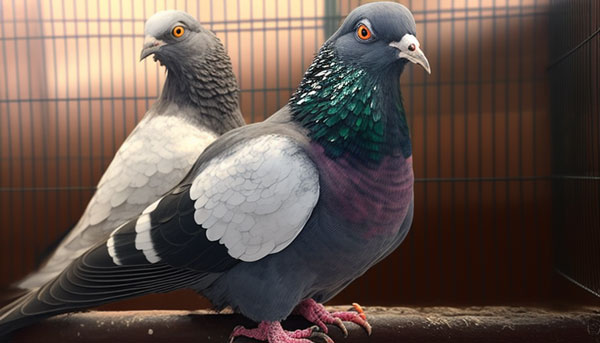
Some of the plants you can add Pigeon manure on includes.
- Cabbages
- Celery
- Watermelons
- Potatoes
- Tomatoes
- Cucumbers
What Are the Downsides of Pigeon Manure?
While pigeon manure is quality and may help improve the soil quality on your farm, it also has some downsides. They include;
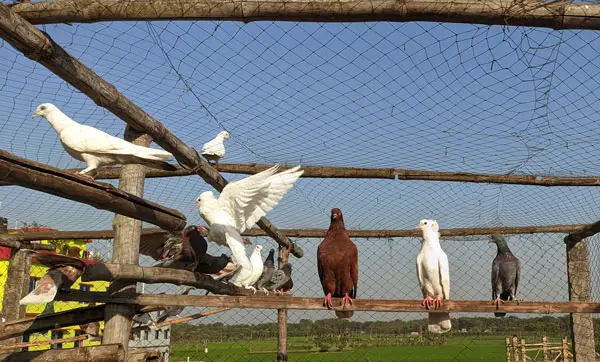
Health Risk
Studies on pigeon droppings show that they can cause 60 different types of diseases. Their excreta contain uric acid instead of urea, which can cause a respiratory disorder.
They carry diseases like psittacosis caused by the bacteria Chlamydia psittaci. The effects can range from minor to serious, like high fever and pneumonia. And the pathogens highly affect the person’s liver or spleen, resulting in diseases.
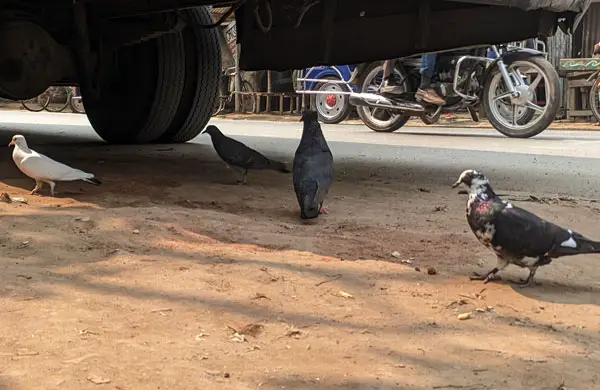
Infestation Risk
The Pigeon droppings can also introduce ticks, fleas, and parasites in the areas around them. People composting them should be aware of the fact to avoid the manifestation of these parasites.
Wear protective gear, including masks and gloves, when handling them to avoid infestations and diseases. Also, it’s best to avoid contacting poop from wild pigeons altogether.
Takes Time
Since you can’t add pigeon manure directly on a plant without composting it first, it takes time to prepare. Compared to bought fertilizer, the users might waste time waiting for the process to finish.
Pigeon poop can be a great fertilizer for your plants, and our article on pigeon green poop explains its benefits and how to use it effectively. However, pigeon behavior can be intriguing, and if you’re wondering why pigeons chase each other, we have an article that explores this topic in detail. Check out our informative article on why pigeons chase each other to learn about their courtship, aggression, and other behaviors. At Aviculture Blog, we have a wide range of articles on various aspects of pigeon keeping, including breeding, health, and nutrition. If you want to expand your knowledge and become a better pigeon keeper, visit our website to discover more valuable insights.FAQs
The section contains some frequently asked questions about using pigeon poop as fertilizer, along with their answers. They include
Yes. Pigeon manure is safe only if the birds are domesticated and healthy. Wild pigeons may carry diseases in their excretes that may harm your health. Also, the bird themselves may be sick, and their excretes might also carry diseases.
No. It’s not best to add pigeon manure directly before composting if your garden has plants. The high nitrogen might burn their leaves and stems, causing the plant to die. However, if the garden doesn’t have plants, you can add them directly and let them sit for some time.
Yes. Pigeon poop is naturally acidic, which is why they are known to cause leakages if not cleaned off the roof. The acid can also affect plants if applied directly when fresh. You can dry them out or add compost to reduce the acidity.
Bottom Line
Pigeons are popular for meat and eggs, but not all people know about the quality of manure in their excretes. After preparation, pigeon manure can benefit various plants as it contains the minerals needed.
Some of the reasons pigeon manure is a great choice of fertilizer are that they’re cheap. However, they also carry a great health risk if they stay too long, as they may produce mold. While handling pigeon manure, you should wear protective gear, including gloves.
